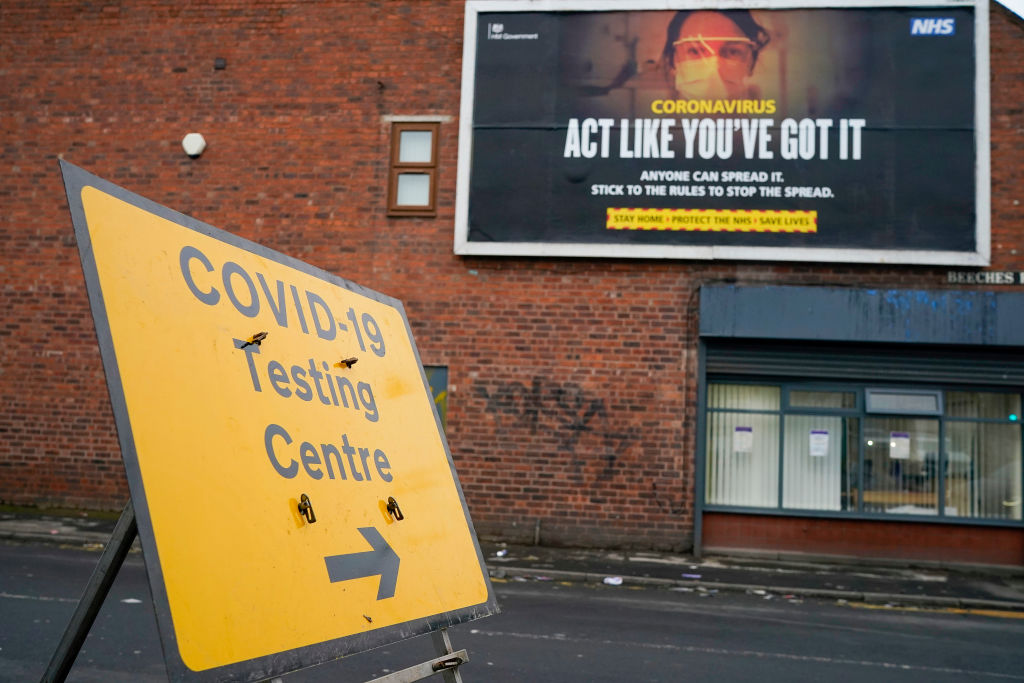Second COVID-19 infections are rare and likely mild, research finds


A free daily email with the biggest news stories of the day – and the best features from TheWeek.com
You are now subscribed
Your newsletter sign-up was successful
People who catch COVID-19 twice will likely have a milder bout with the disease the second time around, an analysis of U.K. government figures found.
The research, conducted by the U.K.'s Office for National Statistics, indicates that viral loads are higher for people who are dealing with their first infection than those who have been reinfected. The more virus that's present in the body tends to lead to a more intense case of COVID-19.
The study also found that the rate of reinfection was low overall, and the rate of reinfection with a "strong positive test," which suggests a higher viral load, was even lower. All told, the numbers hint that previous exposure to the coronavirus helps protect people from future run-ins. Read more at Bloomberg and check out the full research U.K. analysis here.
The Week
Escape your echo chamber. Get the facts behind the news, plus analysis from multiple perspectives.

Sign up for The Week's Free Newsletters
From our morning news briefing to a weekly Good News Newsletter, get the best of The Week delivered directly to your inbox.
From our morning news briefing to a weekly Good News Newsletter, get the best of The Week delivered directly to your inbox.
A free daily email with the biggest news stories of the day – and the best features from TheWeek.com
Tim is a staff writer at The Week and has contributed to Bedford and Bowery and The New York Transatlantic. He is a graduate of Occidental College and NYU's journalism school. Tim enjoys writing about baseball, Europe, and extinct megafauna. He lives in New York City.
